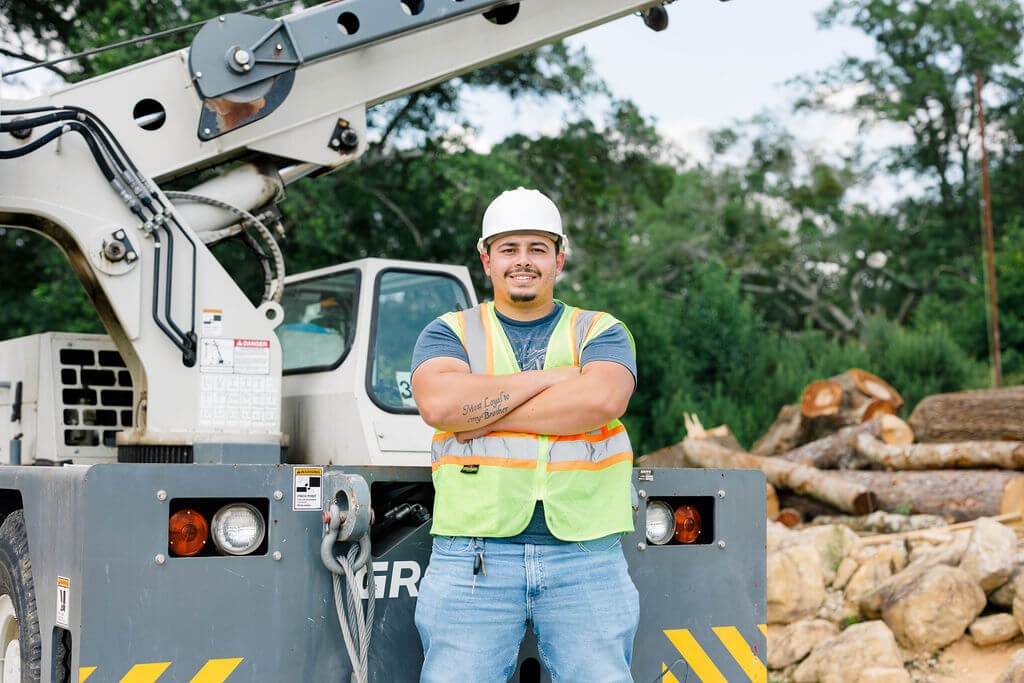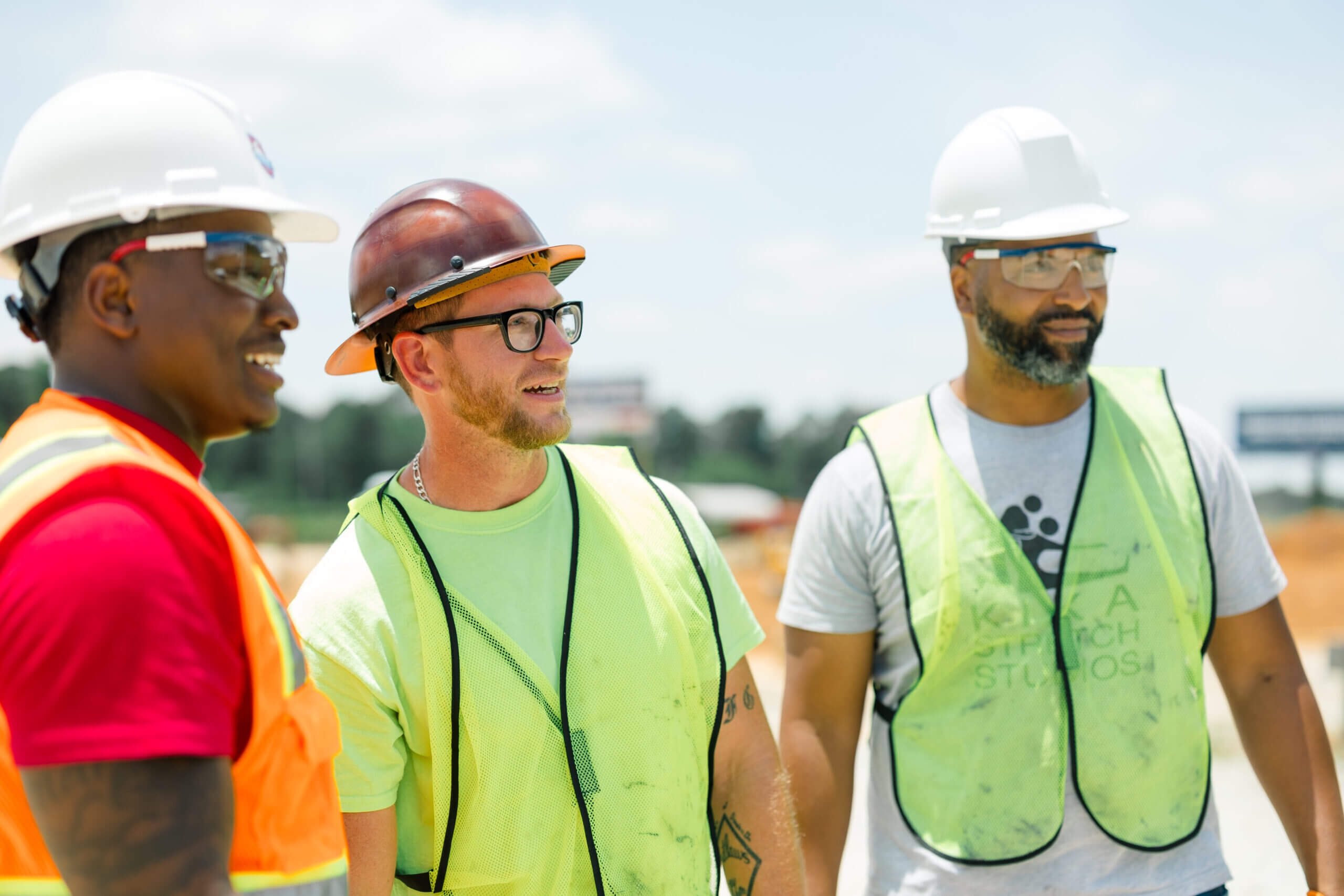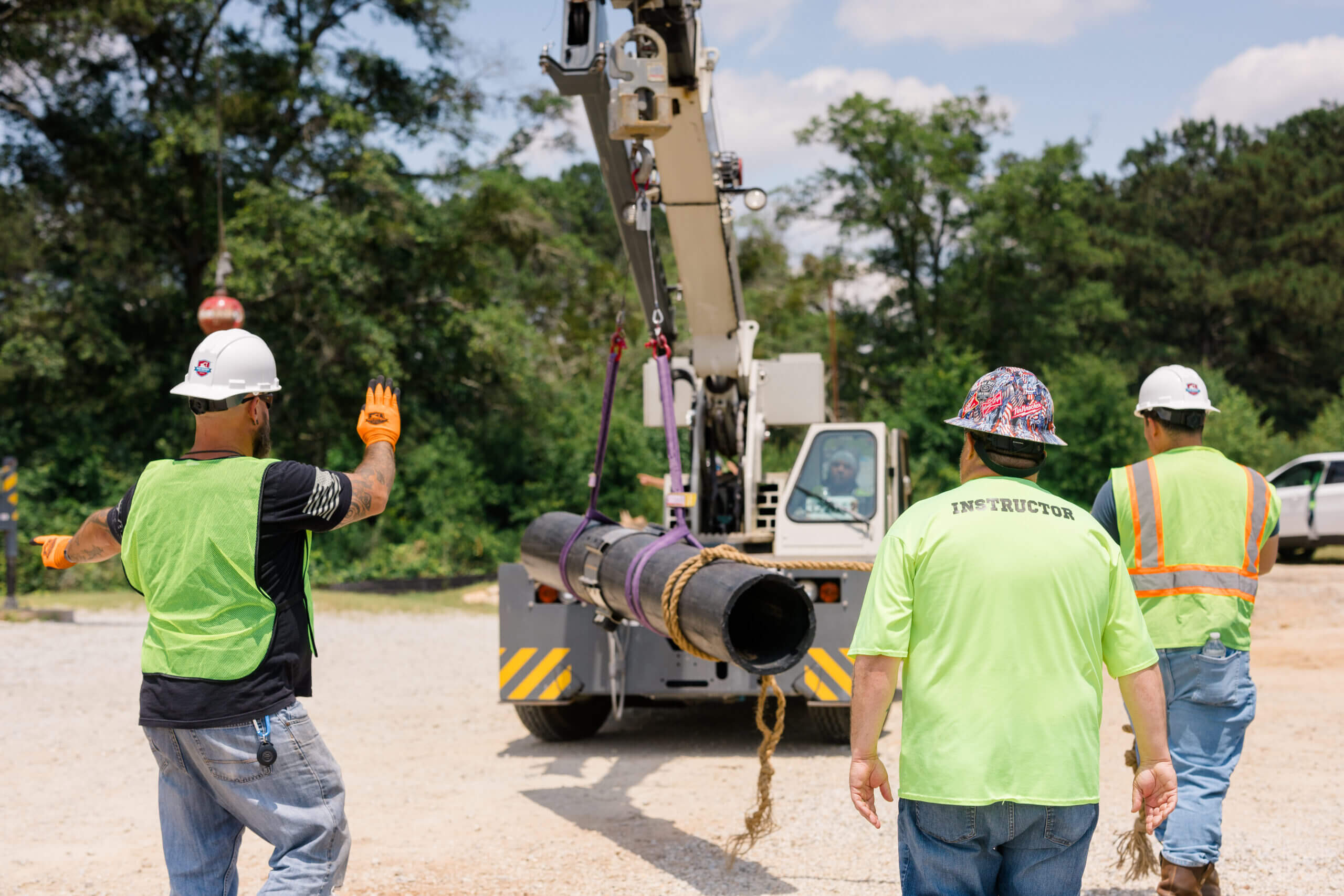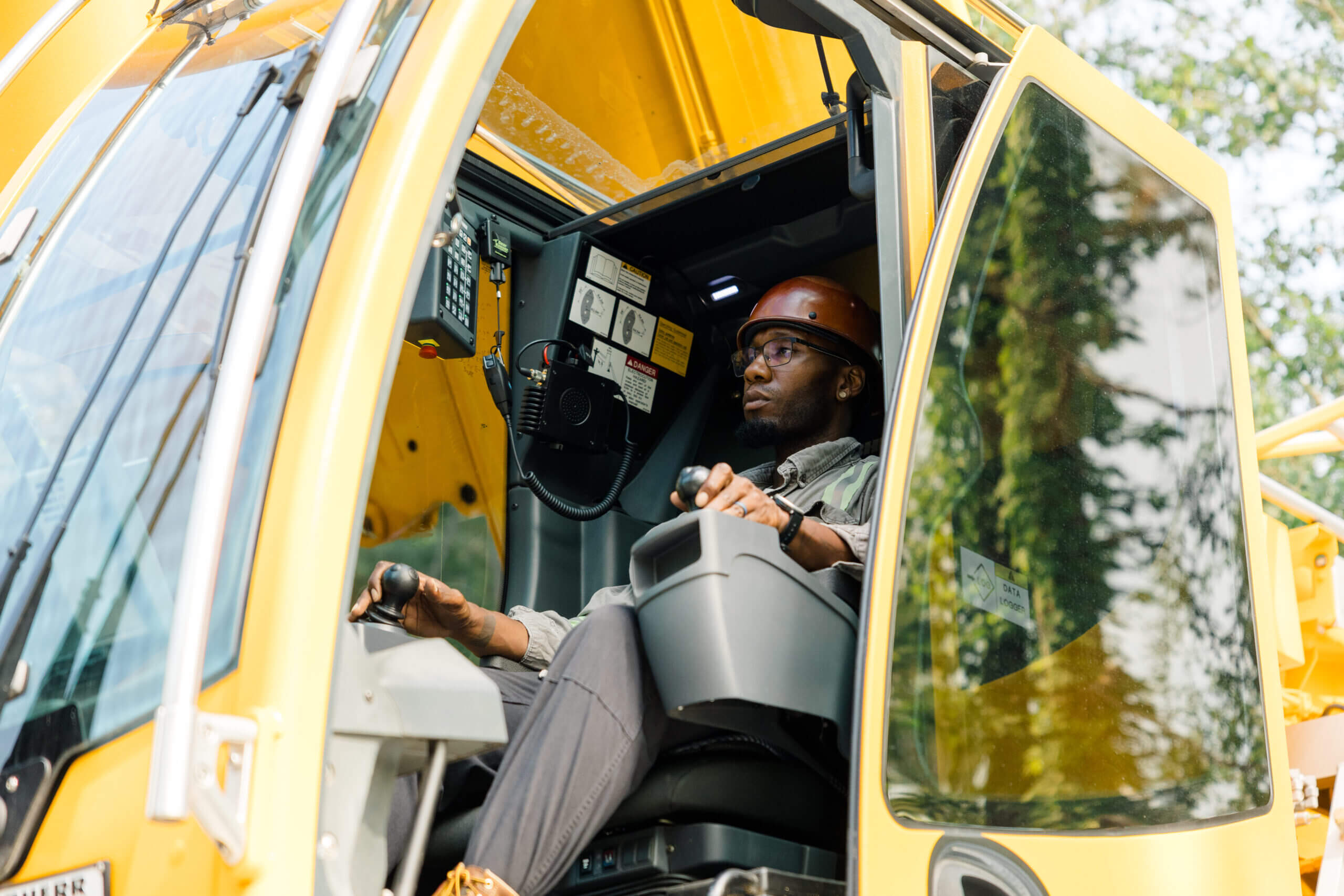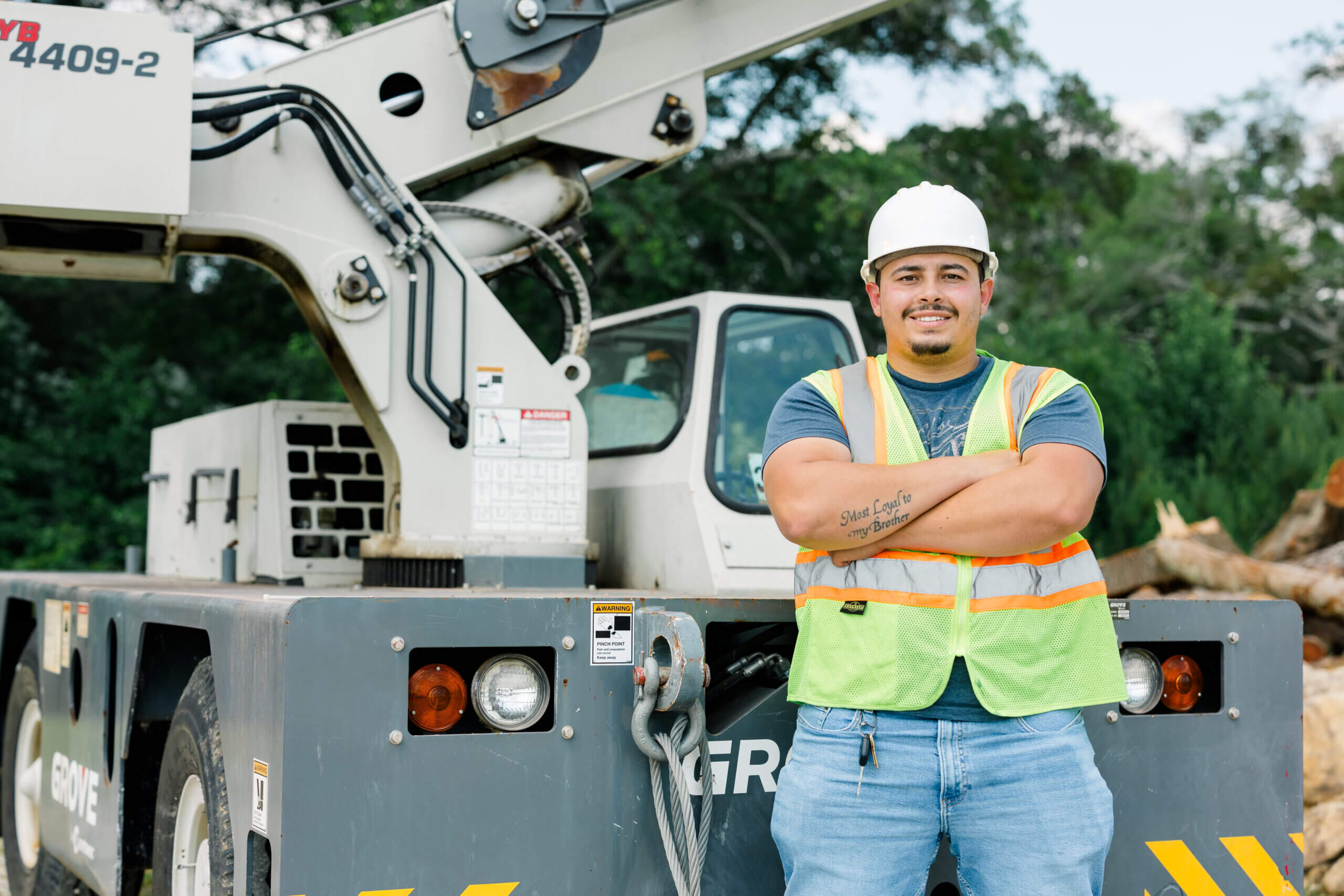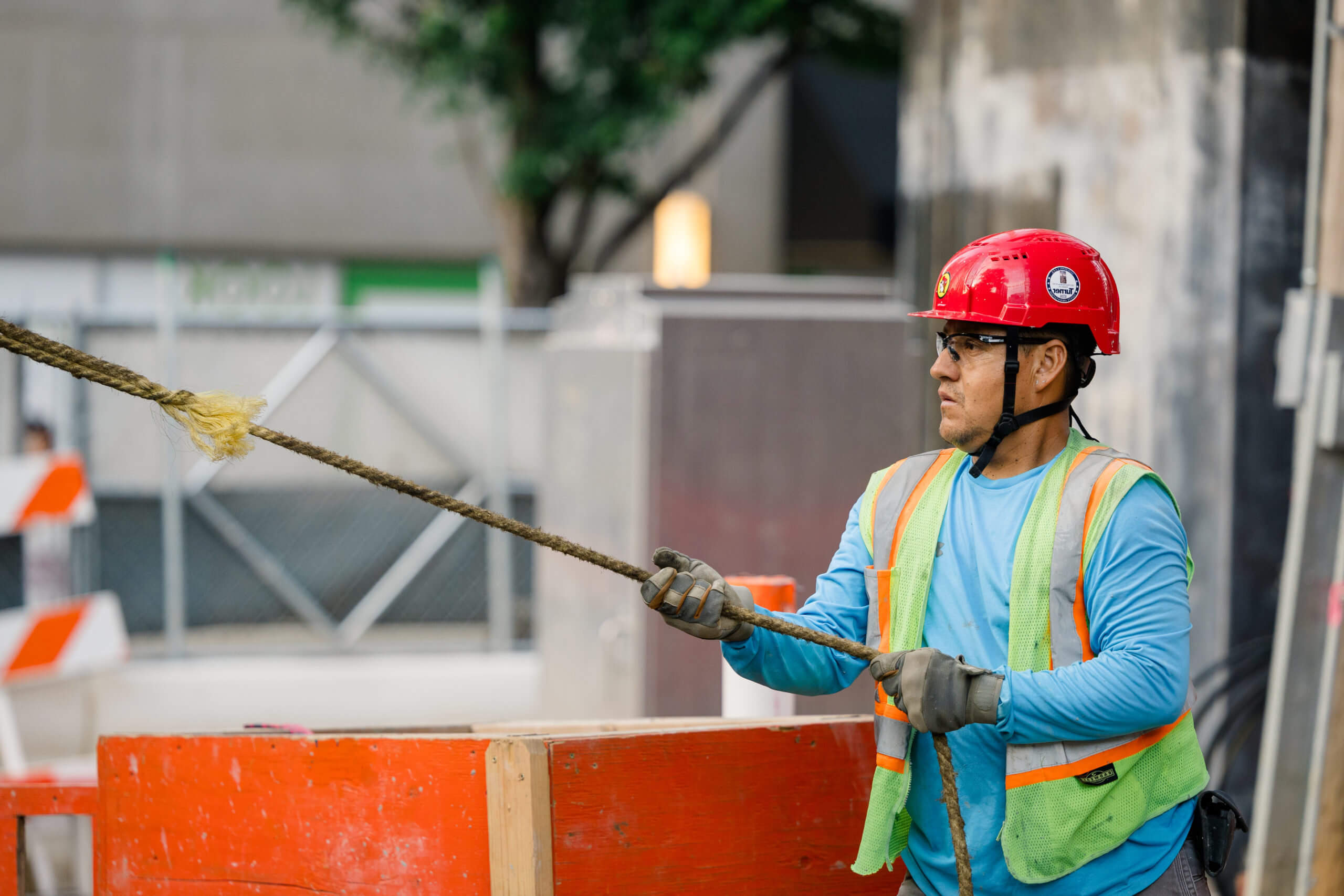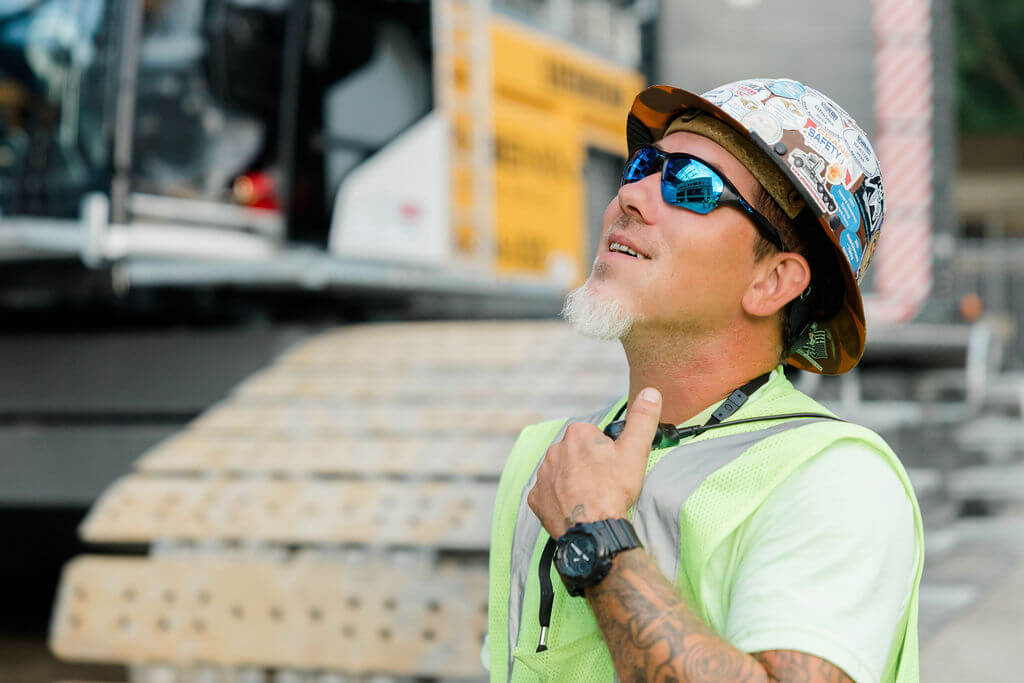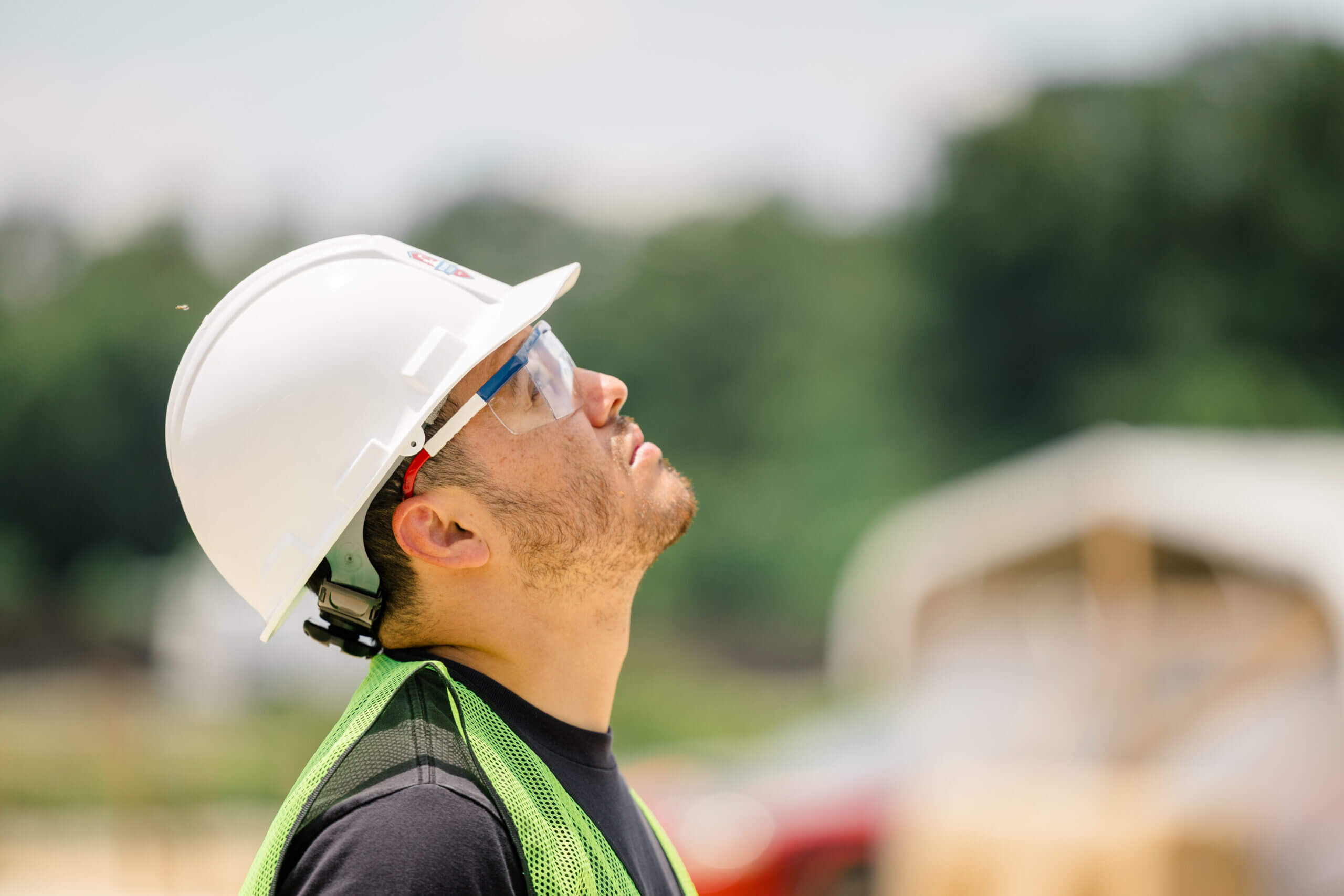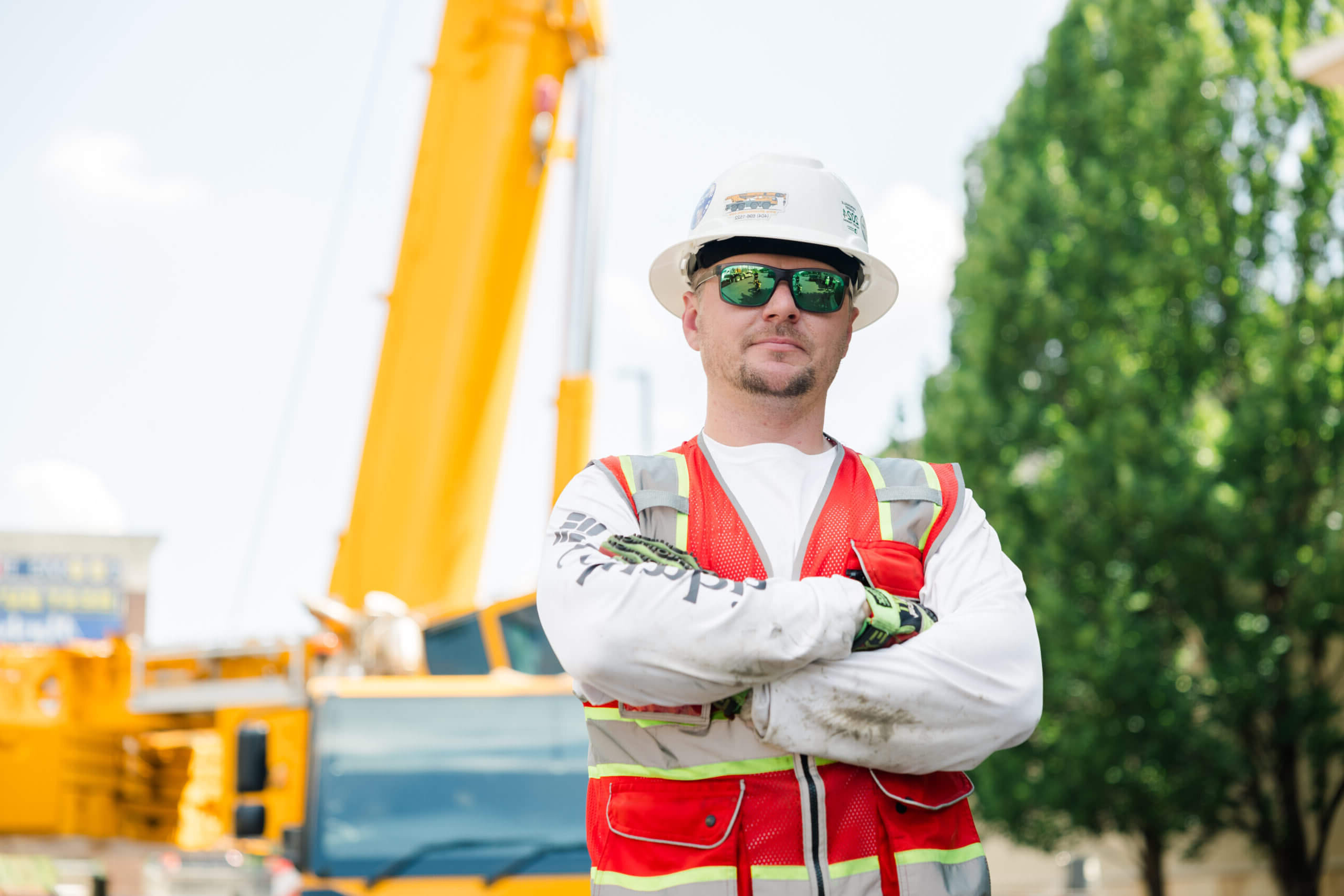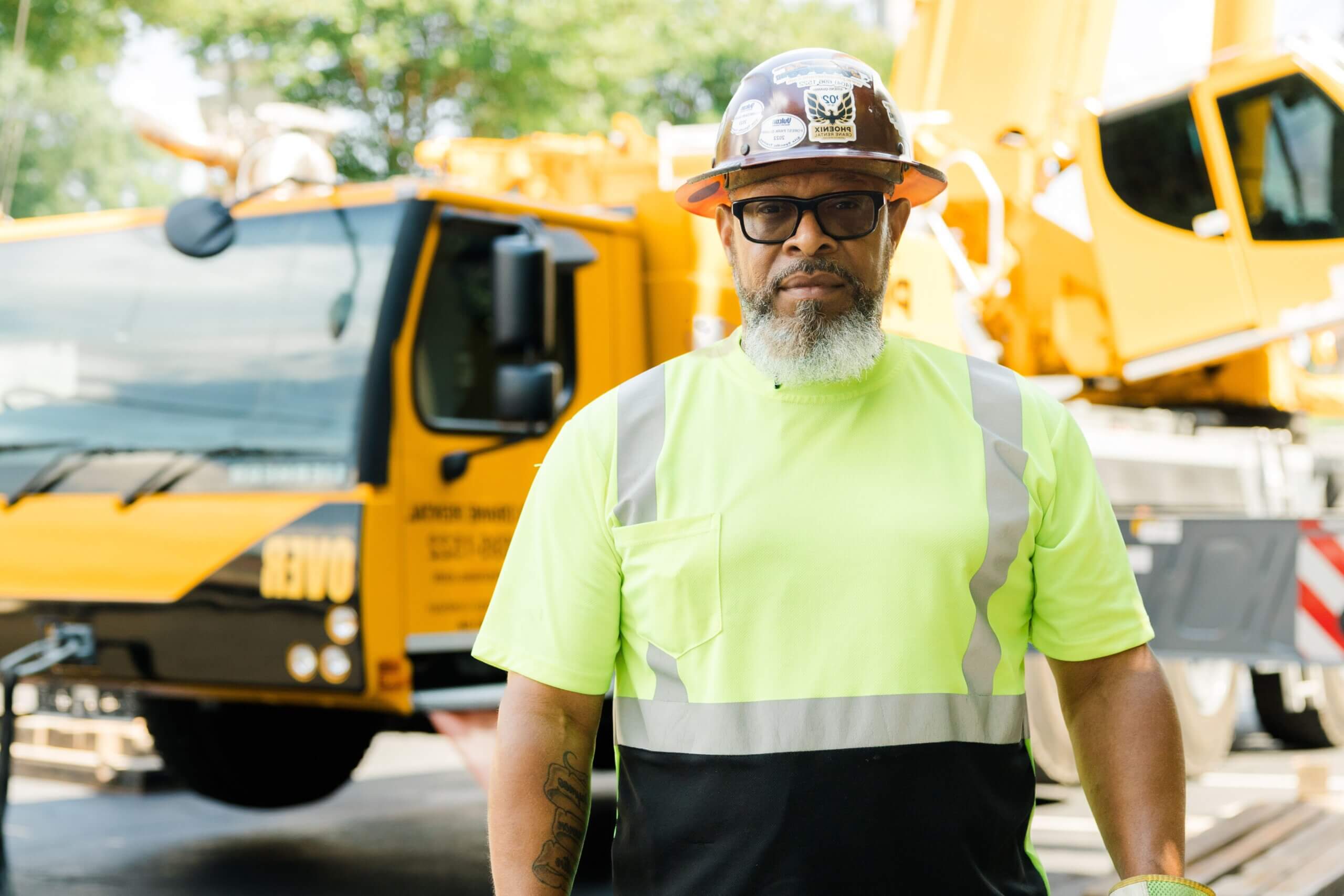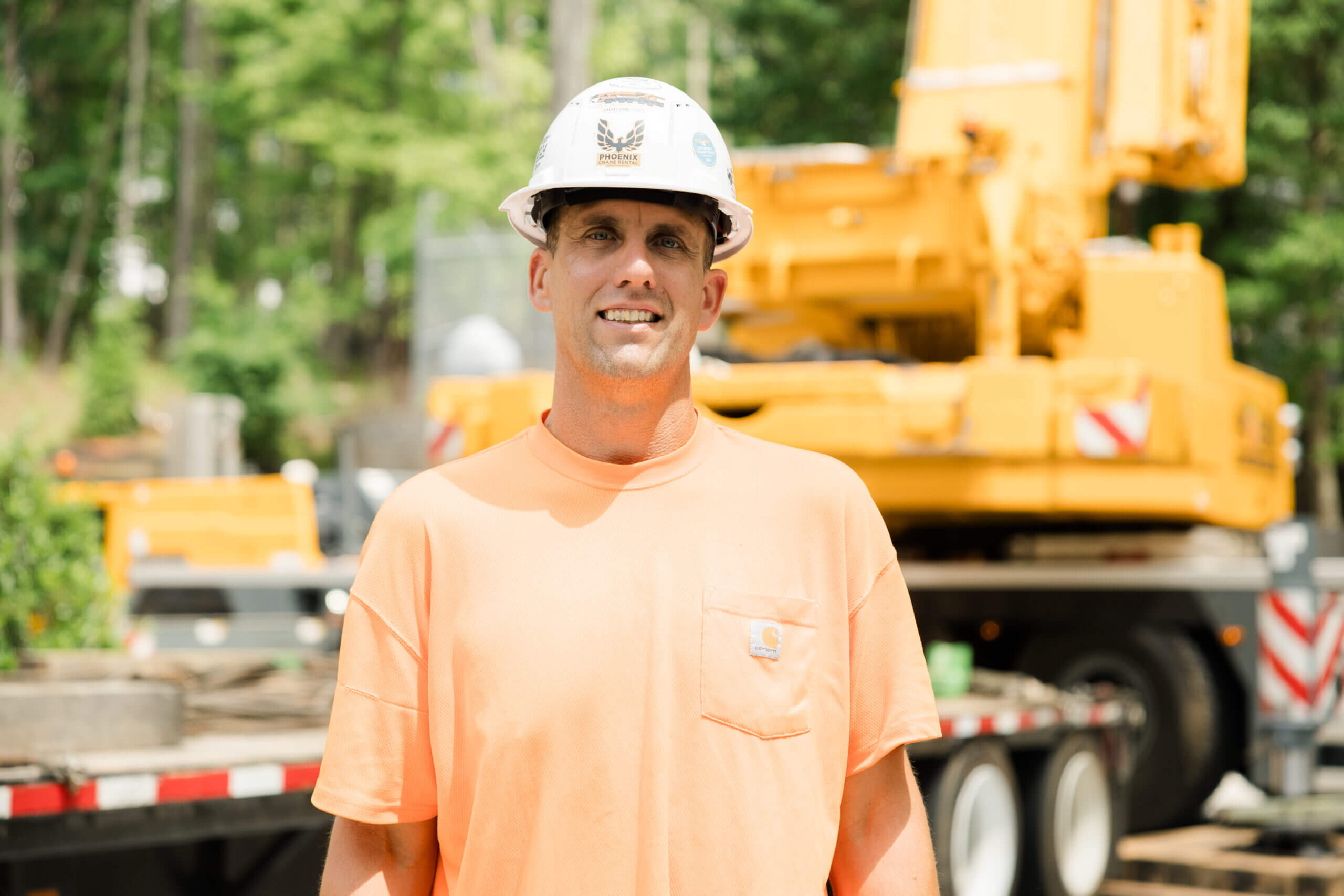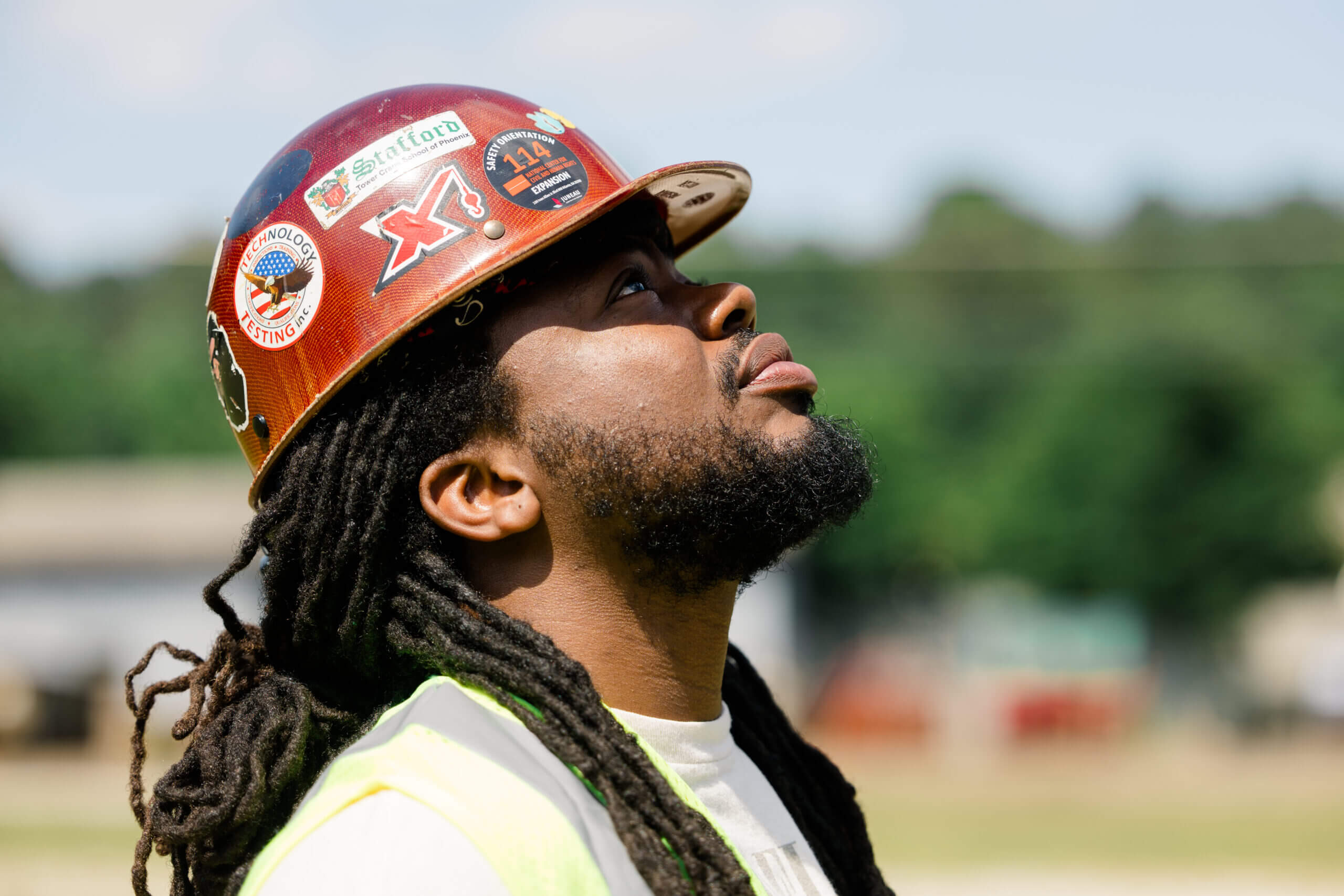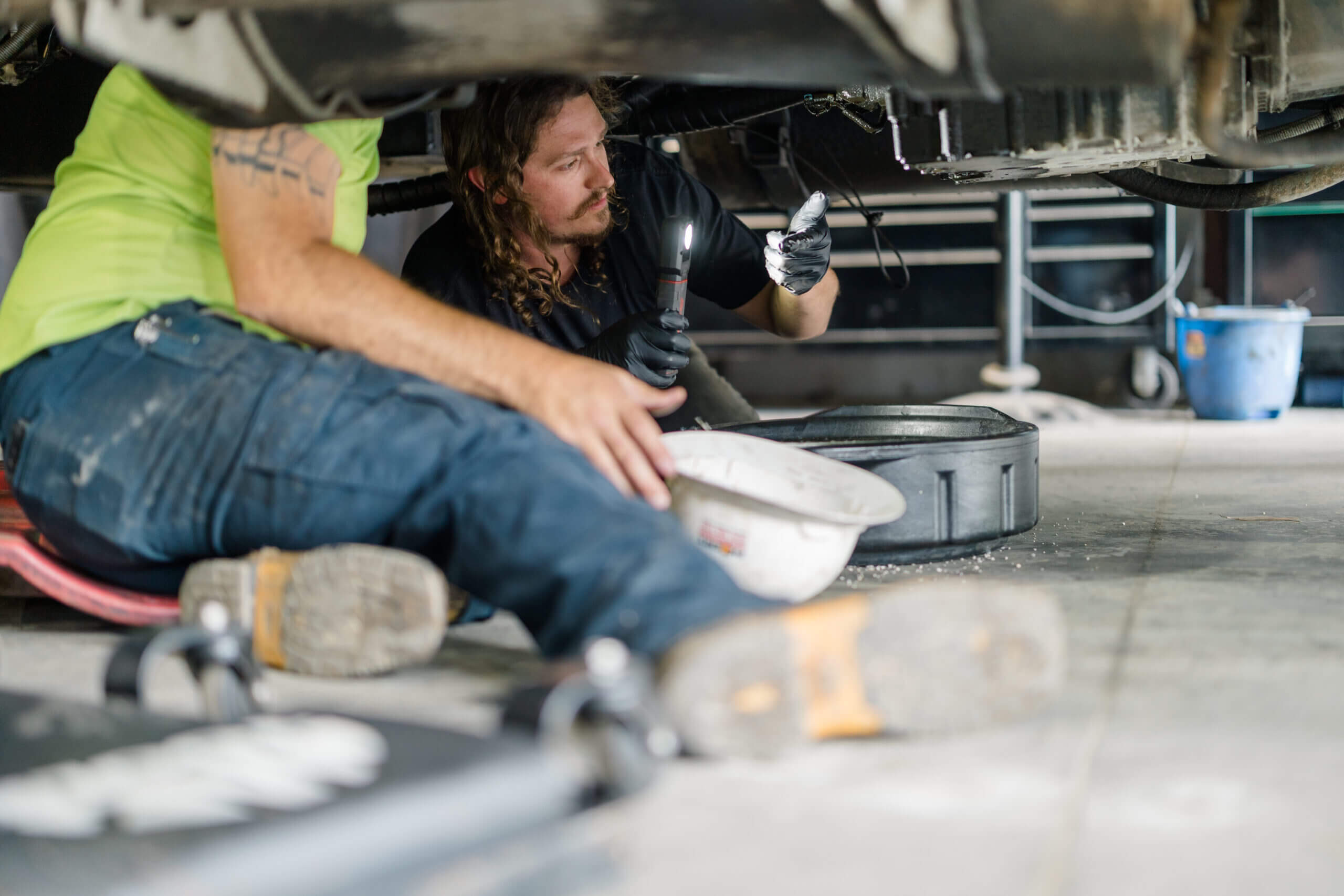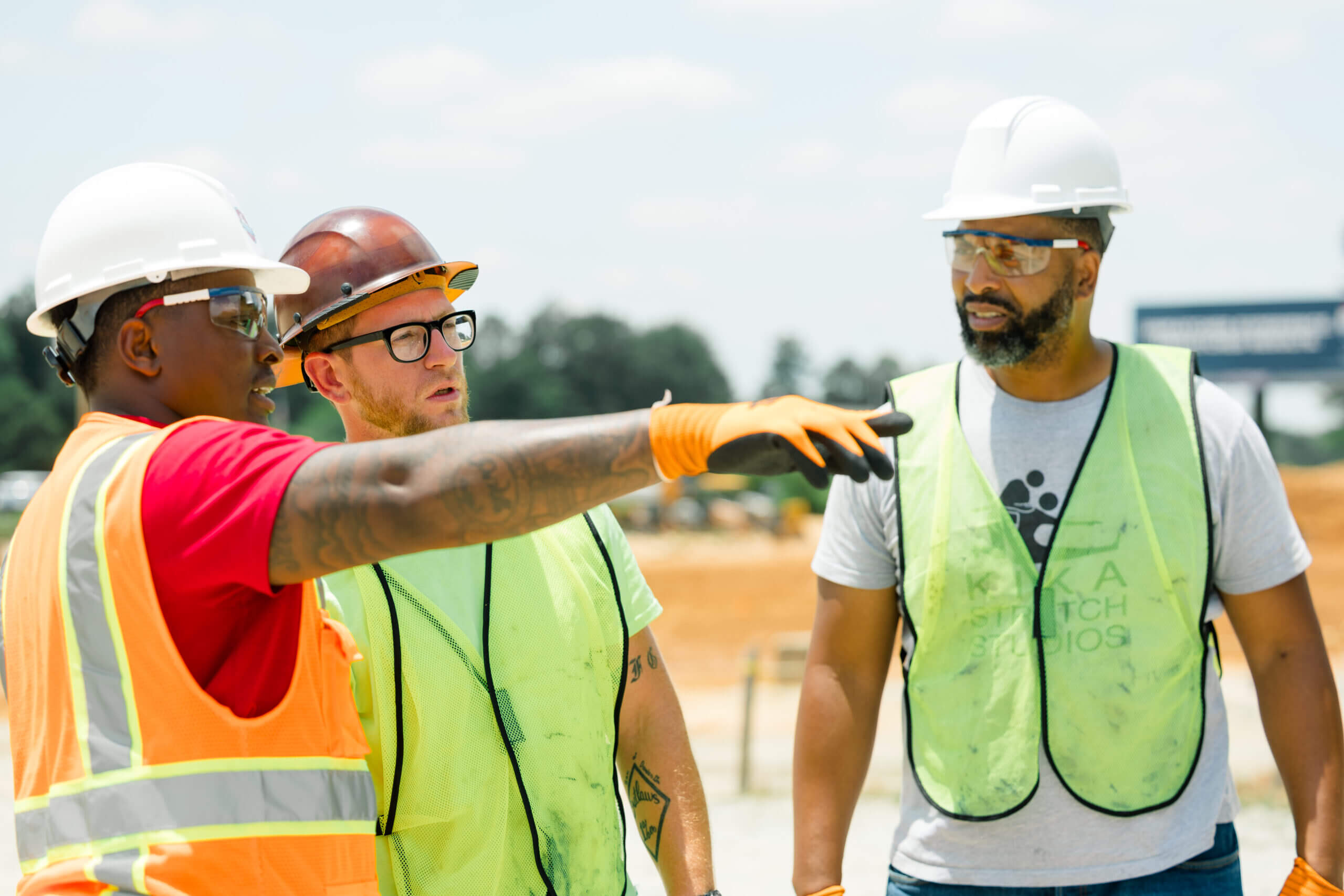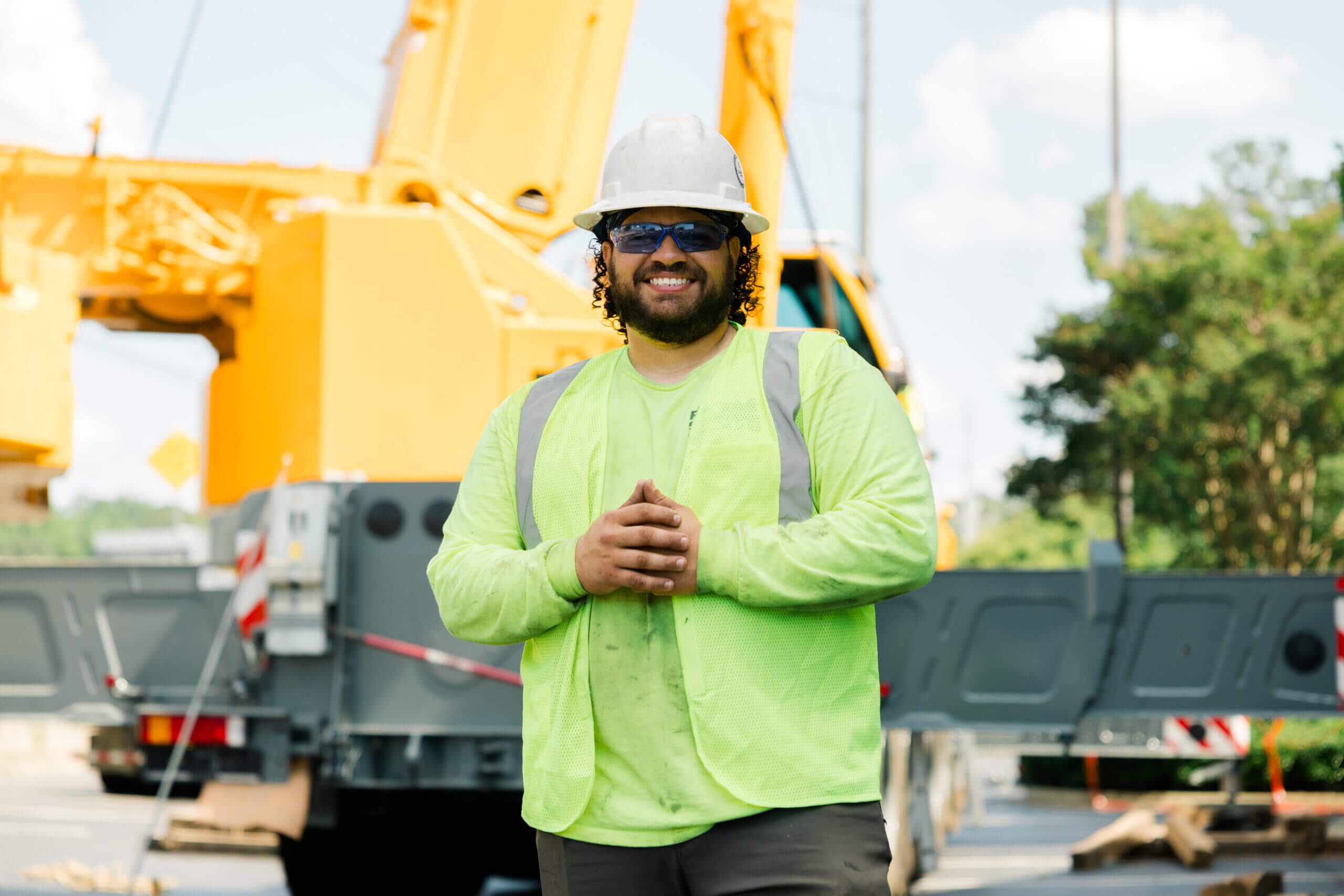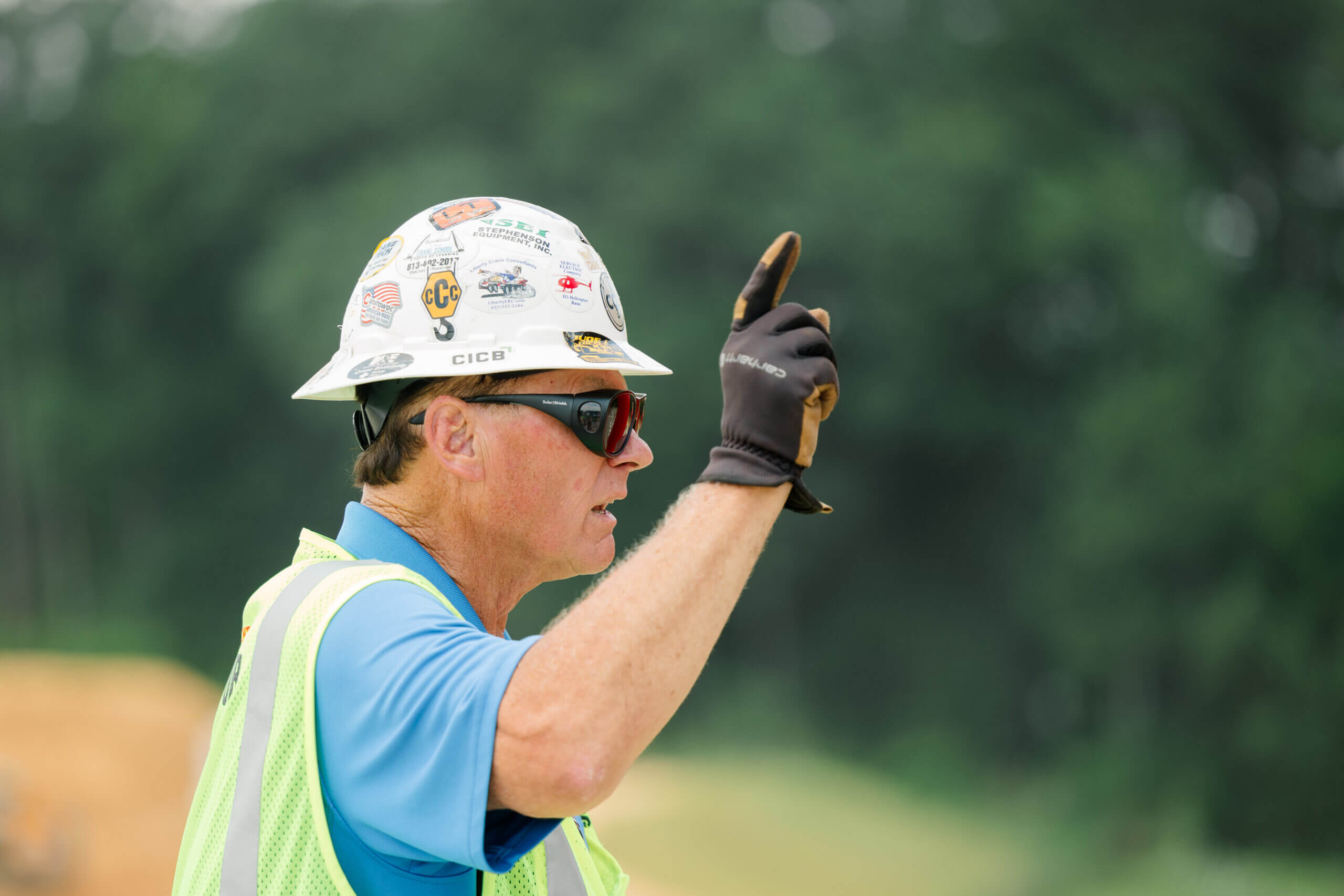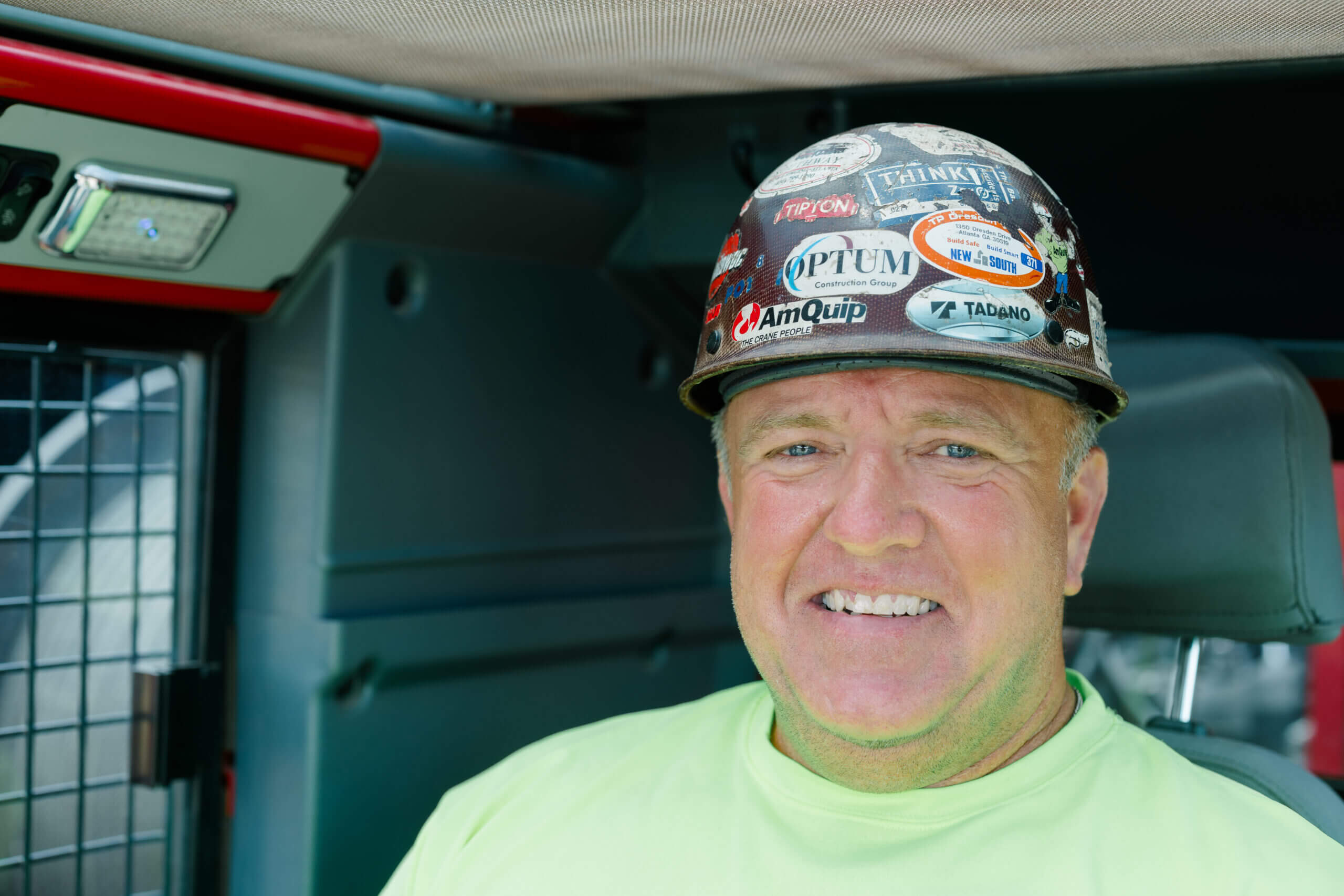VALUE OF CCO CERTIFICATION
CCO Certification (CCO) ensures the safety and proficiency of load handling equipment operators across the United States. Certification by CCO provides significant benefits to certificants and employers alike.
Achieving CCO certification broadens and enhances job opportunities and demonstrates a commitment to safety and professionalism. CCO certified individuals are recognized as being knowledgeable and skilled, making them more attractive to potential employers.
Employers benefit from a certified workforce through reduced risk of accidents and losses, leading to safer job sites and potentially lower insurance costs. The consistent training and verification of skills provided by CCO certification programs help maintain high standards across the industry.
By meeting federal OSHA regulations and industry standards, CCO certification assures both the public and industry stakeholders that certified operators are competent and qualified, contributing to overall safety and efficiency in load handling operations.
Learn More
